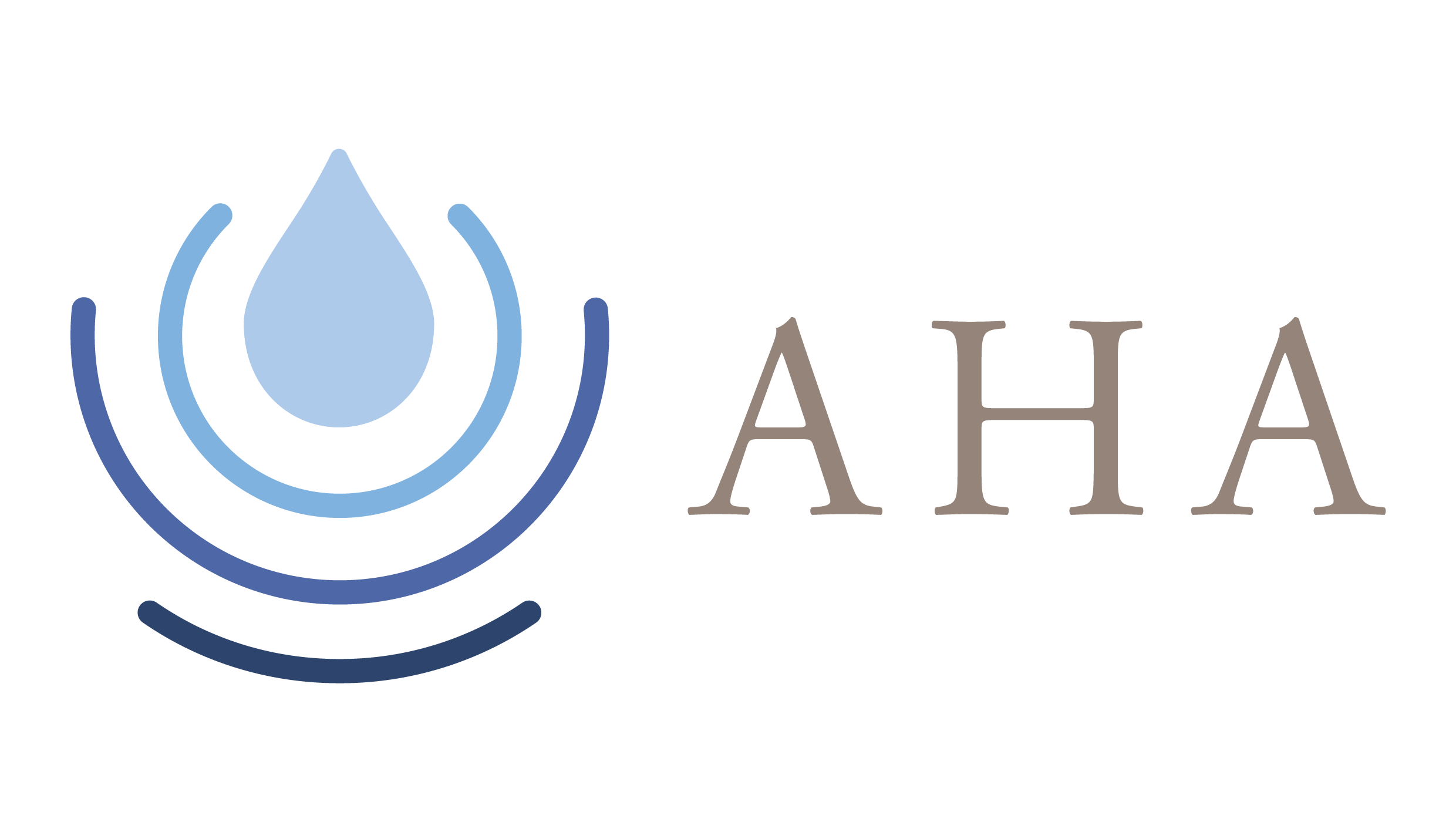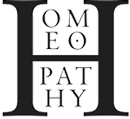Bequests
You can declare your intent to make a bequest here...
A bequest is a gift left in a will. Leaving a bequest to the AHA enables you to give money to the AHA after your death. Giving via a bequest is a simple and effective avenue to directly support the growth and future of homoeopathy in Australia as part of your legacy.
The AHA encourages donors to ensure that adequate provisions are made in the donor's will for all persons who would be entitled to make a family provision claim, before embarking on making a bequest.
As per its constitution, the AHA can accept gifts, bequests or endowments with or without conditions, however, if any conditions are tied to a gift, bequest or endowment, they need to specify a benefit to the homoeopathic profession, which is achievable under the Objectives of the AHA as listed in its constitution.
It is preferable that the terms of a gift, bequest or endowment permit the AHA to utilise funds in areas where it is deemed that they are most urgently required.
The AHA reserves the right to accept or refuse gifts, bequests or endowments.
Leaving a bequest in your will
A will is a legal document and is the only way you can ensure your assets will be distributed according to your wishes when you die. Studies show that at least 45% of Australians do not have a valid will. If you die without a will your estate will be distributed according to a pre-determined formula and, if your only living relatives are more distant than cousins, your estate will pass to the government.
A common myth is that a person must be wealthy to leave a bequest. This is not the case as your gift would be determined according to your own wishes in consultation with family and your solicitor. It will be received gratefully and appreciated regardless of the actual amount. After taking care of family and friends, your gift can take a variety of forms.
Types of bequests
- Pecuniary gift: a specific gift of cash.
- Residue of your estate: the remainder of your estate after specific gifts have been disbursed.
- Percentage: you can leave a percentage of either the residue of your estate, or a percentage of your entire estate.
- Asset: this could be land, shares, artworks or other personal property.
- Conditional bequest: if your beneficiaries do not survive you, which is highly unlikely, then you may wish to leave your estate to the AHA.
How to find more information
The public trustee in your state can provide general guidelines regarding wills and answer some of the questions listed below.
Consulting a solicitor may also be helpful to deciding on the type of bequest that will suit your individual wishes and requirements. Bequeathing a not-for-profit organisation, such as the AHA, in your will is exempt from inheritance taxes and capital gains tax.
The questions listed below are meant to serve as a guide for you when you contact your public trustee or solicitor regarding leaving a gift to the AHA in your will. Taking these questions into your appointment will save time and fee expenses.
- Why is having a will important?
- When should I write a will?
- Under what circumstances can my will deemed to be null and void?
- How do I leave a gift to the AHA in my will?
- Can I have a say in how my gift is used?
- Can I add a gift to my existing will?
- Do I need to inform the AHA if a gift has been included in my will?
- How much will it cost to leave a gift to the AHA in my will?
- Do I need to include AHA contact details in my will?
- How will this process proceed upon my death?
- Can a gift to the AHA be contested in my will?


